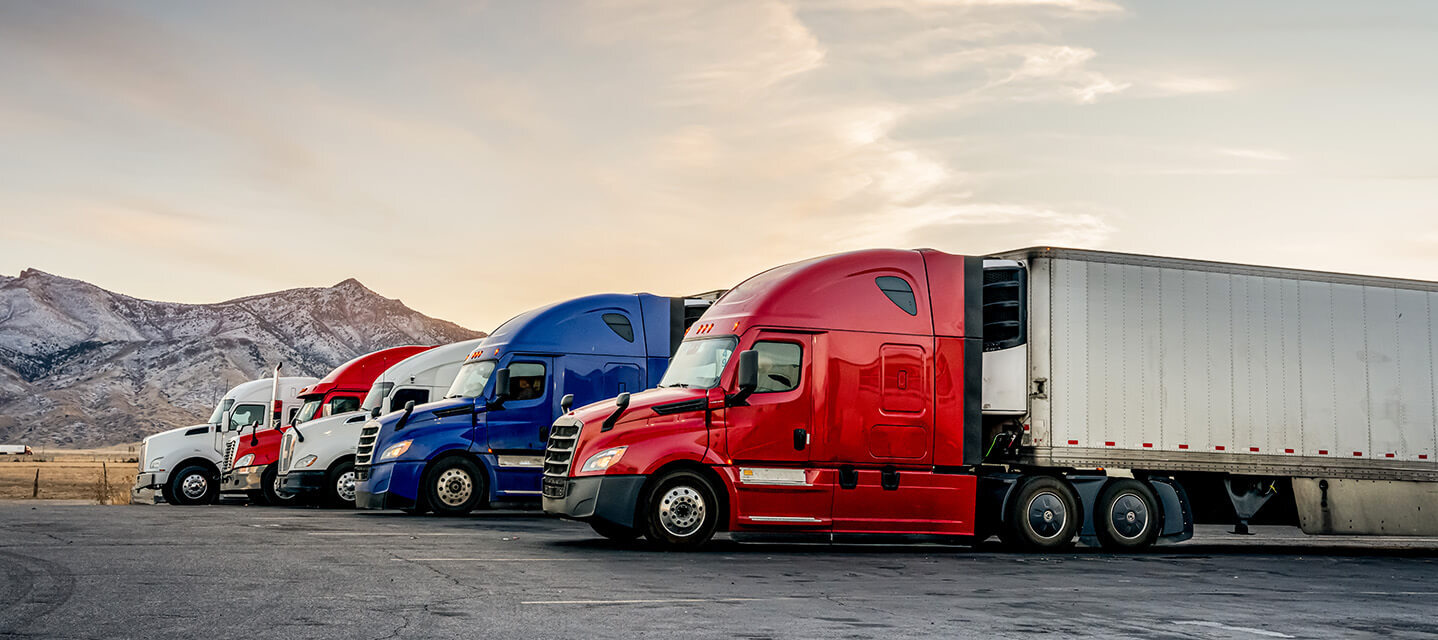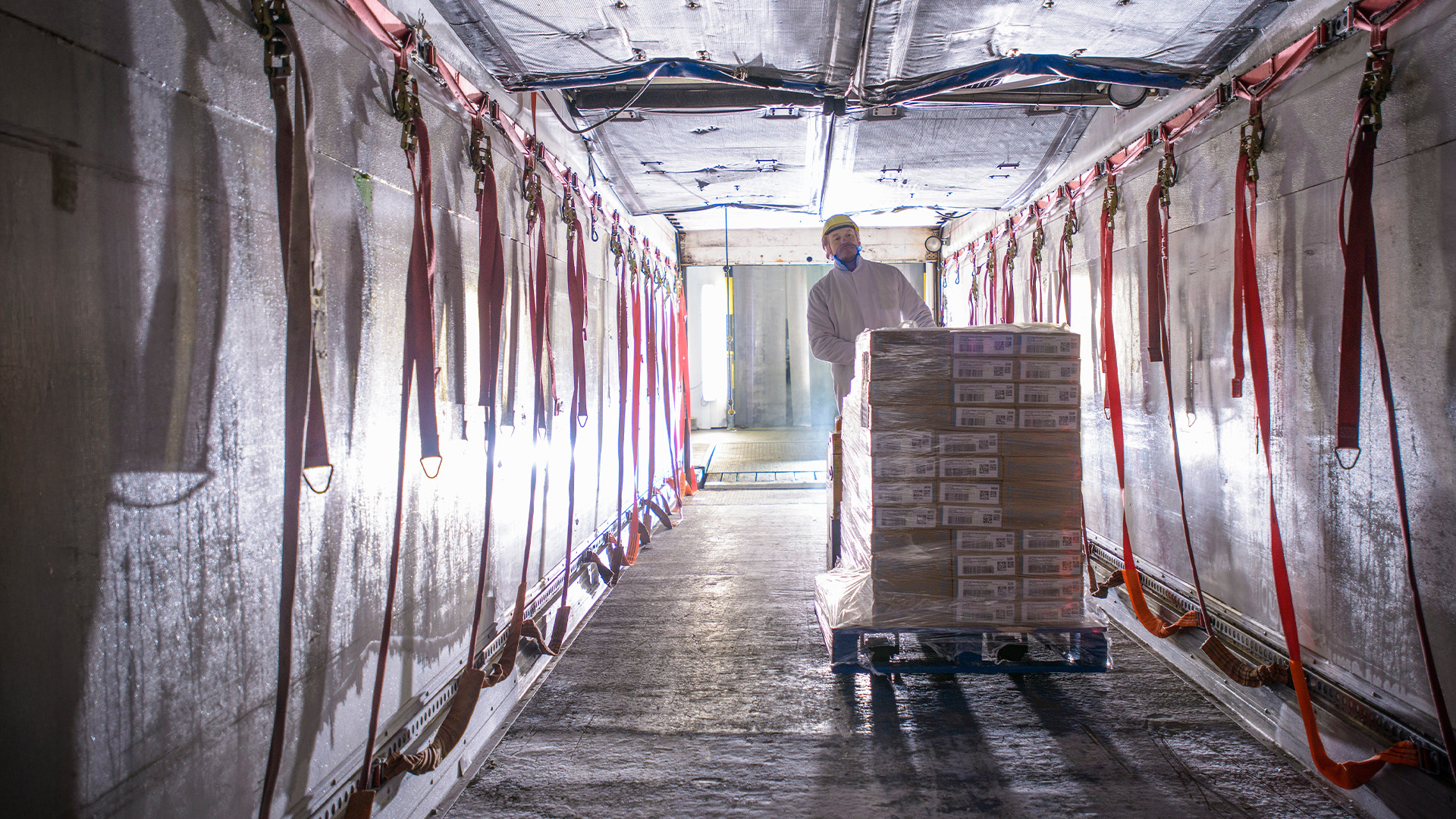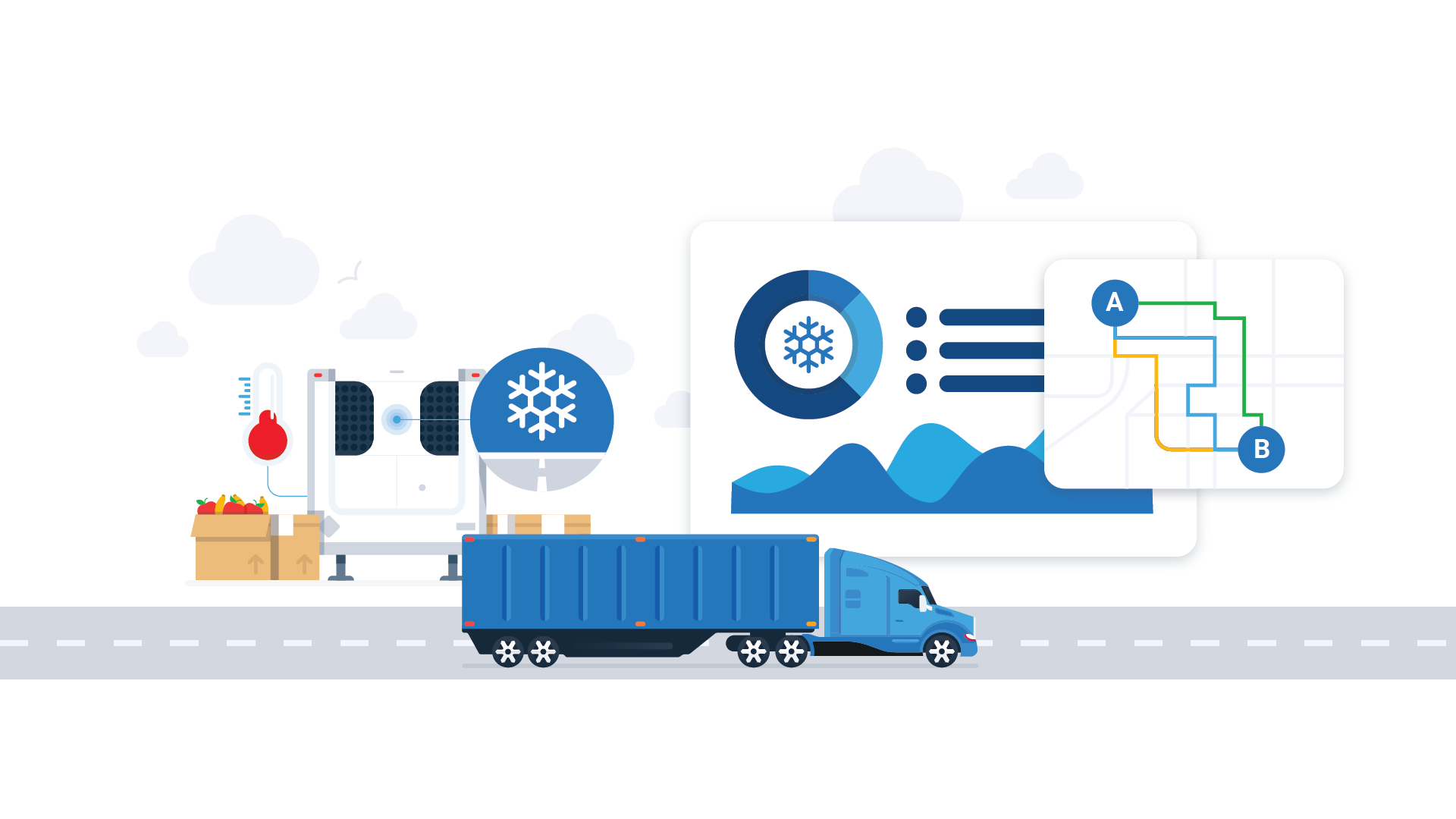What is CARB compliance? A guide on the CARB regulations and certification process for fleets
CARB compliance means that a vehicle or equipment meets California’s strict emission limits, which are intended to reduce air pollution and greenhouse gases.
By Geotab
Apr 29, 2025

Key Insights
- California Air Resources Board (CARB) is a state agency dedicated to reducing air pollution and protecting public health by setting and enforcing air quality standards.
- Being CARB-compliant means ensuring your vehicles and fleets meet CARB's stringent emissions standards.
- Providers like Geotab offer advanced telematics solutions that monitor vehicle emissions, facilitate accurate reporting and ensure adherence to CARB regulations.
California enforces strict environmental standards to protect air quality and requires fleets to follow CARB compliance. CARB non-compliant vehicles can end up with fines reaching up to $10,000 per vehicle per day. In 2022, CARB collected $21.5 million in penalties. It can even lead to operational disruptions that can quickly erode your profit margins.
Explore key aspects of CARB regulations, from understanding what CARB means, to obtaining compliance certificates for programs like the CARB Clean Truck Check and how modern telematics solutions like Geotab’s Emissions Diagnostics Report can prove useful.
What does CARB mean?
CARB stands for the California Air Resources Board, a state agency established in 1967 to combat severe air pollution and protect public health.
Over the decades, CARB has pioneered stringent emissions standards and implemented innovative policies to improve air quality across California. Its work has been instrumental in reducing pollutants and has often served as a model for environmental regulations nationwide.
While the Environmental Protection Agency (EPA) sets environmental policies at the federal level, CARB focuses exclusively on California’s unique air quality challenges. This localized approach enables CARB to address regional issues more effectively, ensuring California not only meets but exceeds national benchmarks for clean air.
But CARB’s rigorous standards have influenced environmental policy beyond California. Several states, including New York and Massachusetts, have adopted CARB-equivalent emissions regulations to tackle their own air quality issues. As a result, many automakers and equipment manufacturers now design products to meet these high standards nationwide, driving innovation in cleaner technologies across the United States.
What is CARB compliance?
CARB compliance refers to meeting the standards and requirements set by the California Air Resources Board to control vehicle emissions and ensure environmental safety. For fleets, this means adhering to specific regulations that govern vehicle modifications, emissions testing and timely reporting of compliance data.
Maintaining CARB compliance is essential not only for fleets to reduce air pollution and ensure smooth Department of Motor Vehicles (DMV) registration, but also for avoiding fines, penalties and enhancing operational efficiency.
By using approved methods and technologies, such as continuous emissions monitoring systems, fleets can accurately gather and report emissions data. California’s pioneering efforts in establishing rigorous emissions standards have inspired several other states to adopt similar measures.
Key CARB regulations for fleets
Fleets operating in California must adhere to a range of CARB regulations designed to protect air quality and ensure environmental sustainability. Compliance is not just a legal requirement — it’s a vital component of responsible fleet management that helps reduce harmful emissions, improve fleet performance and avoid costly fines.
Here are some key CARB regulations you should be aware of:
- Clean Truck Check Program (Heavy-Duty Inspection and Maintenance Regulation - HDI/M): This regulation requires heavy-duty vehicle owners to ensure their vehicles meet specific emissions standards through regular inspections and maintenance. It's crucial for maintaining air quality and reducing pollution from heavy-duty vehicles.
- In-use off-road diesel fleet regulation: This regulation requires diesel-fueled vehicle fleets to implement compliance programs, including periodic inspections, record-keeping and reporting, to verify that vehicles meet CARB’s fixed emissions performance criteria.
- Zero-emission vehicle (ZEV) mandates: Fleets must meet specific percentages of new vehicle sales with zero-emission vehicles, such as battery electric and hydrogen fuel cell models, to drive cleaner transportation. You can use our EV sustainability assessment to start your EV transition and simplify the process.
- Idle-reduction requirements: These rules aim to minimize unnecessary engine idling, which not only wastes fuel but also increases emissions. Fleets are encouraged or required to implement idle-reduction strategies, such as automatic engine shut-offs and driver coaching software.
- Low carbon fuel standard (LCFS): The LCFS mandates using fuels with lower carbon intensity, promoting a shift toward cleaner energy sources. Your fleets must track fuel usage and emissions, ensuring their operations contribute to overall reductions in greenhouse gas emissions.
Download the CARB compliance e-book
How to get a CARB compliance certificate
To obtain a CARB compliance certificate, you can start by registering your vehicles through the appropriate channels — often via the California DMV and CARB’s Truck Regulations Upload, Compliance and Reporting System (TRUCRS).
However, the exact process will depend on the type of certification you need. While TRUCRS registration is a foundational step for many CARB regulations, the Clean Truck Check program has its own distinct compliance process and certification.
This process involves gathering and submitting key documentation, such as:
- Vehicle identification numbers
- Engine details
- Emissions test results
- Records of any aftermarket modifications
Once the necessary data is collected and verified, vehicles can be certified as compliant. In addition to obtaining a certificate for the Clean Truck Check program, there are alternative ways to demonstrate compliance. For example, compliance with the aftermarket parts regulation can be indicated by displaying an executive order sticker.
Many fleets streamline this process by partnering with providers of CARB-compliant aftermarket parts or telematics solutions that offer continuous monitoring and reporting services. These solutions not only assist with the initial certification but also help maintain ongoing compliance through regular updates and documentation submissions.
Consequences for non-compliant vehicles
CARB non-compliant vehicles can trigger consequences that go far beyond immediate fines, impacting both operational continuity and long-term business viability.
Here are some repercussions that you may face if your fleet fails to meet CARB standards:
- Hefty fines: Penalties can reach up to $10,000 per vehicle per day, quickly escalating costs and disrupting fleet budgets.
- Legal actions and enforcement: Non-compliance may result in DMV registration holds, mandatory recalls or other enforcement actions requiring costly corrective measures.
- Operational disruptions: Vehicles may be removed from service until they are brought into compliance, leading to lost revenue and scheduling challenges.
- Reputational damage: Failure to meet regulatory standards can tarnish a company’s image, affecting customer trust and future business opportunities.
- Long-term financial implications: Beyond fines, the costs associated with retrofitting or replacing vehicles can have significant long-term financial impacts.
- Environmental and public health risks: Increased emissions contribute to poorer air quality and more smog formation, posing risks to community health and inviting further regulatory scrutiny.
Automate fleet compliance with Geotab
Ensuring CARB compliance is critical for any fleet operating in California and other CARB states — including vehicles passing through these states — as it safeguards your business against fines and regulatory pitfalls while contributing to a cleaner environment. To simplify the process, you can try our fleet compliance software to automate compliance reporting, ensuring your operations meet CARB’s stringent standards without disrupting your workflow.
By integrating Geotab’s tool into your fleet management strategy, you can streamline the certification process, quickly identify potential issues and maintain ongoing regulatory compliance. Geotab is the only telematics provider with an executive order for aftermarket T-harness installation and the sole provider offering both a CARB Clean Truck Check certification and a T-harness installation exemption.
Check out our ebook to get in-depth insights into CARB compliance and how it can affect your fleet.
Subscribe to get industry tips and insights
Frequently Asked Questions
You can obtain a CARB compliance certificate by registering your vehicle through the California DMV and submitting the required emissions data and documentation via CARB’s reporting systems. Partnering with a CARB-certified telematics provider can also streamline this process.
CARB compliance is mandated specifically in California. While other states have their own emissions regulations, the CARB standards apply solely within California.
You can verify CARB compliance by checking your vehicle’s certification documents and emissions test results or by consulting with your fleet management provider, who can confirm adherence to CARB standards.
For 2025, CARB regulations include updated heavy-duty vehicle emissions standards, stricter in-use fleet requirements, new zero-emission mandates, enhanced idle-reduction measures and revised low-carbon fuel standards.
Geotab team
Table of Contents
Subscribe to get industry tips and insights
Related posts


Best ELD for trucks: Top devices for compliance and safety [2026]
December 18, 2025
6 minute read


Best ELD for owner operators: Top 6 picks and how to choose one
December 1, 2025
6 minute read


Infographic: Upgrading your cold chain solution to minimize waste and maximize profit
September 11, 2025
1 minute read